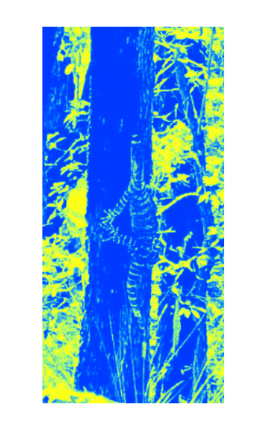Dialects of English
English accents are often categorized according to rhoticity (how they pronounce the letter r) Generally, American dialects are rhotic, while those elsewhere are not. Some dialects of English, such as Ebonics, or Jamaican patois, have their own grammar. Many other dialects do not.I'm fixin' to jot down my thoughts in my diary, y'all, and I'm doin' it all in English (Southern American dialect)
Ayo, I'm keepin' a diary and writin' it all in English, ya dig? (African American slang)
Mi raitim wanpela daiari long Tok Inglis (Tok Pisin from Papua New Guinea)
American English
AMERICA HAS BY FAR the largest number of native speakers in the world, and it dominates global media and communications. There are three main dialects of American English: New England dialect, Southern dialect, and General American dialect on the west coast. Ebonics should go in there too... (For more details, )
)Australian English
BEING A YOUNG nation, Australia is not endowed with the patchwork of regional dialects founf in the United States or Britain. Geography does not influence speech in any meaningful way; one regional dialect covers the entire continent. That said, ethnic and social differences do exist. Apart from the ethnic dialects, there are said to be three sociocultural varieties of Australian English: broad (Ocker), general, and cultivated... (For more details, )
)British English
AS THE HOME of the English language, the United Kingdom presents the widest range of dialects and accents of any nation. You can also encounter non-English languages such as the Celtic tongues, lingering in remote corners of the kingdom. Every city and region has at least one accent, while London even boasts its own suburban dialect (Cockney, spoken in the working class East End). As a general rule, dialects become less comprehensible the further north you travel. In many British dialects, as well as in Irish English, to pronounce the "th" sound as "f". London Jamaican English is a dialect that has been spoken by the city's Jamaican population since the 1940s and incorporates elements of Jamaican Creole. Thus, you could say it was an Anglification of a creole.



No files in directory to display. Can't open random/copyright
No files in directory to display. Can't open random/donations
No files in directory to display.
